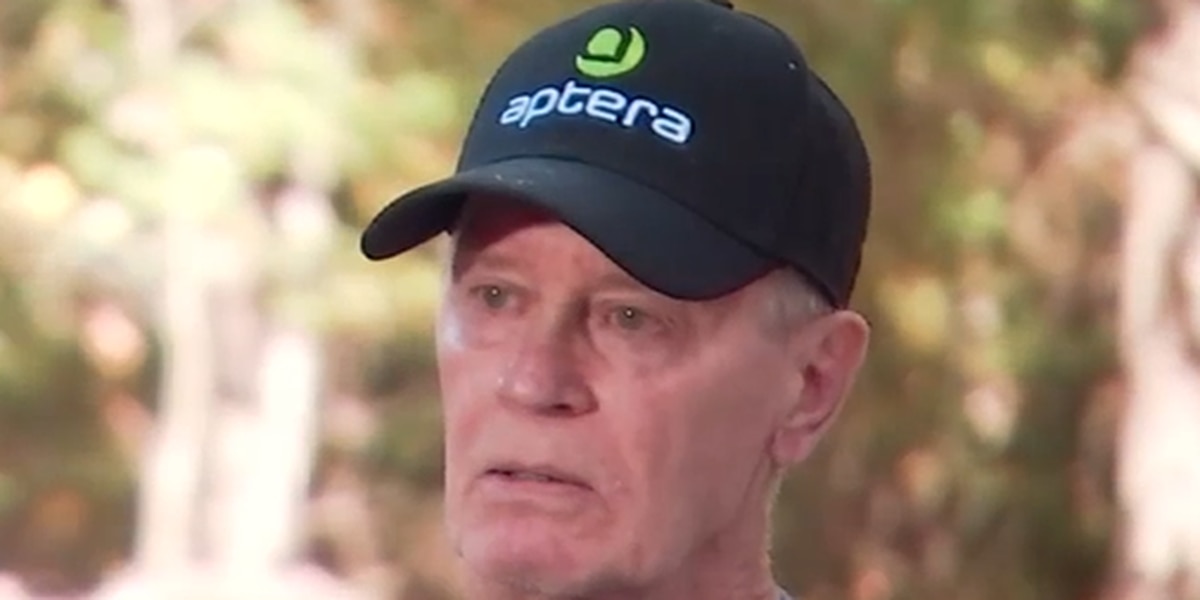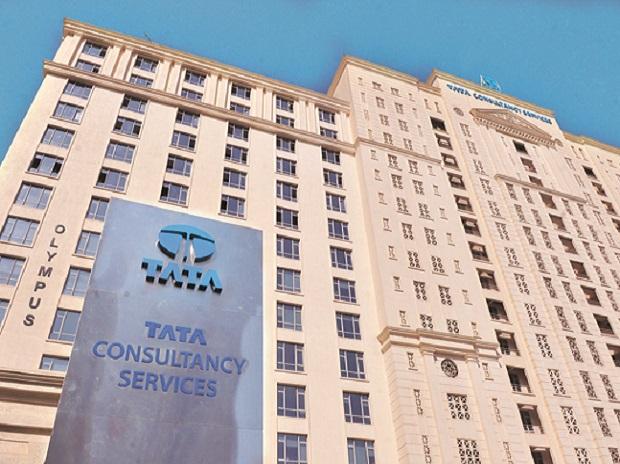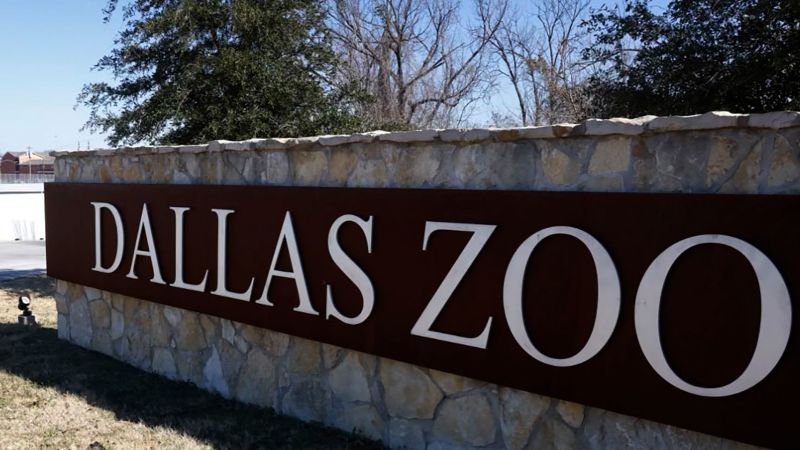ATLANTA, Ga. (Atlanta News First) – Calvin Jordan’s family is filled with relatives who answered the nation’s call for military service.
Jordan himself served in the U.S. Army and fought in 1968 during the height of the Vietnam War.
“We dropped Agent Orange,” the 73-year-old recalled. The now-banned chemical was dropped during the war, killing vegetation and crops, and has since been linked to cancers among American veterans.
This past March, Jordan went to the emergency room at the Atlanta VA Medical Center to have a lump on his neck checked out. Jordan eventually got a scan of his neck while at the hospital, but said after his discharge, he never heard anything back.
In July, Jordan scheduled another appointment, but the VA doctor said the hospital did not have a copy of his original scans. The images were later found, according to Jordan, but new scans were required.
In August, Jordan received a second scan and biopsy. In September – seven months after his original visit to the VA – a doctor diagnosed him with cancer.
Jordan said he learned the VA is so backlogged the facility can’t do the surgery or perform the required radiation treatments. He will undergo surgery to remove the mass at Emory Hospital on Nov. 18 and then receive further radiation treatments through his VA coverage.
Delays in diagnosis and even longer waits for treatments are examples of the dilemmas local veterans allege against the Atlanta VA. They consider access to healthcare in Atlanta as their greatest battle.
Atlanta News First Investigates found veterans could be waiting nearly half a year for appointments. And when their lives depend on early detection, some cancer patients fear untimely care could be life-threatening.
“You [treat] cancer when its young; you don’t let it spread,” Jordan said. “This wasn’t even noticeable when I had my first CT scan. Now it’s like I’m growing a second head out the side of my neck.”
/cloudfront-us-east-1.images.arcpublishing.com/gray/DLQP77OO2RHSLGGAHOHHEHESWA.PNG)
Scans of the veteran’s neck show the cancerous mass is now nearly the size of a fist. The latest images were taken in August, but according to his March scans, he said the mass “was no bigger than maybe a thumbnail.”
“This is the U.S., and veterans should be taken care of. I’m not doing this for me. I’m doing it for the young guys, the young girls that served. And they don’t deserve it. Atlanta VA just cannot handle the load,” he said.
After Atlanta News First Investigates told Atlanta VA officials about Jordan’s case, the hospital reached out to him.
When asked about backlogs and delays, a VA spokesperson said the facility offers same day walk-in care for mental health and primary care treatment. “One of VA’s top priorities right now is recruiting, hiring, and retaining clinical staff,” the spokesperson said.
As of Oct. 23, according to data obtained by Atlanta News First Investigates, the average wait time to see an Atlanta VA specialist was 60 days. The longest was 162 days.
/cloudfront-us-east-1.images.arcpublishing.com/gray/AYQATAJ7W5E2NDSOVMW5Z52KQI.PNG)
The location also faced a paperwork backlog last year. The Office of the Inspector General confirmed in an April 27, 2022, report, more than 17,000 mailed documents related to veteran care and claims went unopened last year.
/cloudfront-us-east-1.images.arcpublishing.com/gray/PRYYB572O5BXDJQ5KEOPYJ6UI4.PNG)
Advocates say veterans deserve more but they end up with the least access to timely healthcare.
“For them to come back and all they hear is, ‘thank you for your service,’ they don’t want to hear that from us,” said Scott Johnson, CEO of The Warrior Alliance, an organization helping serve metro Atlanta’s nearly 250,000 vets. With more than triple that number across the state, Johnson said, “collaboration is the only way.”
Johnson advocates more private-public partnerships and funding will strengthen medical care options. Groups like his are acting as veteran liaisons, navigating healthcare, housing, education, and legal aid post-service in the army.
Copyright 2022 WANF. All rights reserved.
Note:- (Not all news on the site expresses the point of view of the site, but we transmit this news automatically and translate it through programmatic technology on the site and not from a human editor. The content is auto-generated from a syndicated feed.))




A medida que la tecnología se desarrolla cada vez más rápido y los teléfonos móviles se reemplazan cada vez con más frecuencia, ¿cómo puede un teléfono Android rápido y de bajo costo convertirse en una cámara de acceso remoto? https://www.xtmove.com/es/using-android-mobile-phone-for-remote-monitoring-and-shooting/